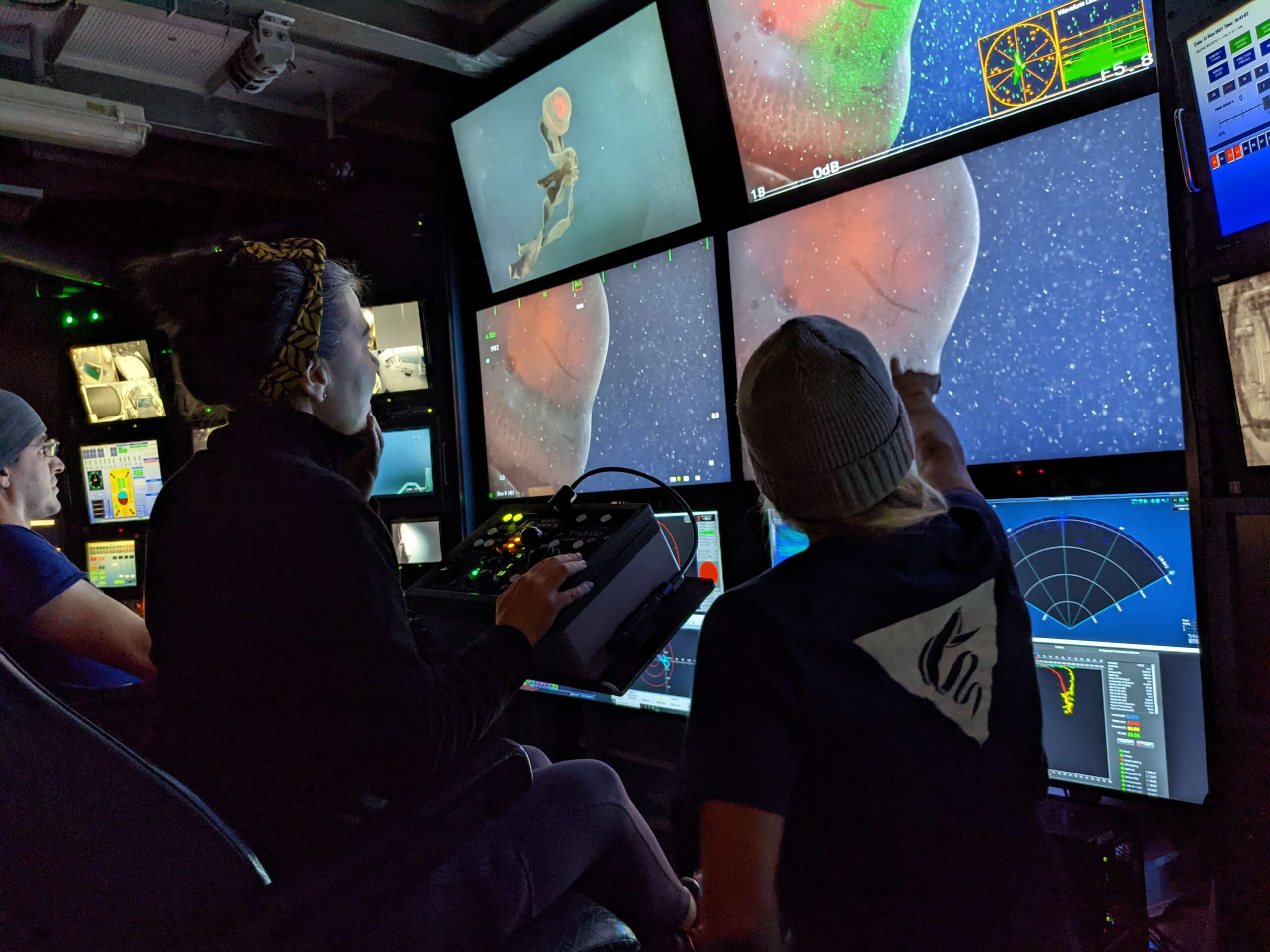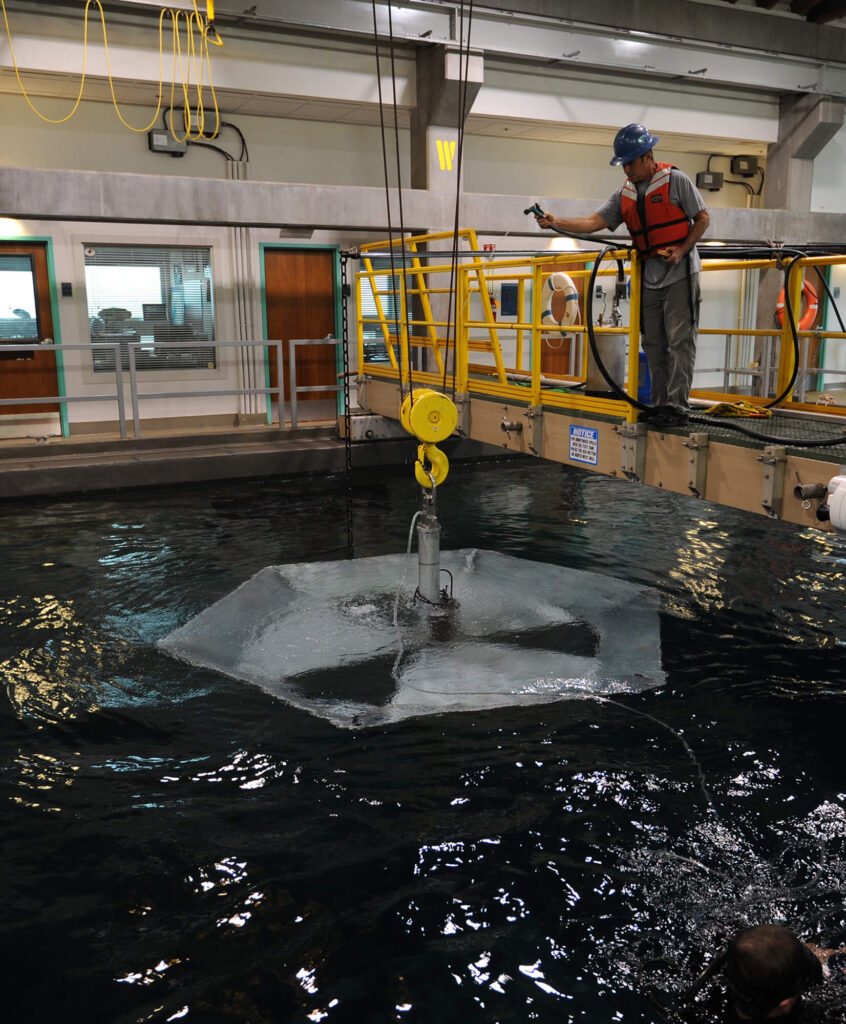Calling Ocean Technology Innovators!
Need to test your ocean observing technology?
Synchro can provide:
- No-cost and streamlined access to select ocean observing platforms around Monterey Bay and British Columbia for emerging technology testing and evaluation;
- A technician to facilitate deployment of your equipment on demo platforms;
- Travel and shipping support if needed
- Evaluations to assess product market fit
- Promotion of your technology and validated data to our wide network of ocean technology users

Synchro provides access for teams to undertake testing and demonstrate the potential of their technology on existing ocean platforms. These industry and development applicants will have exposure to independent experts, which include resource managers, science subject experts, technology developers and industries operating in the marine environment.
Synchro will facilitate no-cost access to a wide variety of coastal and oceanic settings including shore stations, moorings, autonomous vehicles, and piers in Monterey Bay and British Columbia. It also provides technician support at no cost and well as shipping and travel support to journey to the site. We will have two categories of access: Directed Access and Facilitated Access. Directed Access will include dedicated and streamlined access to coastal vessels, shore stations for ocean observing, a test mooring, mesocosms, a large saltwater test tank, cabled ocean observatory simulator, and pressure test system. Lab facilities will also be readily available. The majority of cases are expected to be accommodated by Directed Access.
The second type of access will require substantial planning through Facilitated Access, involving, for instance, larger research vessels, autonomous underwater vehicles, remotely operated vehicles and cabled ocean observatories. These can have higher costs, longer lead times, and / or ongoing prior commitments. In that case, Synchro can facilitate scoping and liaising to streamline access and reduce administrative burdens.
Testing and Evaluation Facilities
Our Directed Access will include no-cost access to facilities from the following partners:
- Moss Landing Marine Labs
- UC Santa Cruz
- MBARI
- Hopkins Marine Station
- University of Washington
- Hakai Institute
Monterey Bay
British Columbia
Which technology is eligible?
We welcome applications from companies, researchers, academic organizations, or those who have developed lab-tested equipment that is ready for the ocean. Synchro is not intended to support development per se, but platform integration, for instance. Your technology should be at a 4 at the minimum on the technology readiness level (TRL). That means your prototype is fully functional and has been tested in lab conditions, but may not have gotten a lot of time in its intended environment.
While open to any technology, Synchro recognizes that the needs for maturing technology readiness are most prominent in biogeochemistry, biological and ecosystems observations.
If you aren’t sure where your prototype fits, please don’t hesitate to contact us.
How will testing and evaluation work?

Evaluators will look at the technology’s capability to address ocean challenges, including those presented by climate variation and climate change, and resource extraction (energy, biology, mineral) from industry (adapted from What We Have Learned From the Framework for Ocean Observing: Evolution of the Global Ocean Observing System (GOOS). In short, we are open to many ocean challenges! Our Evaluation Panel may also weigh in and include independent experts from engineering, chemistry, ocean modeling, oceanography, industry, and resource management fields.
Evaluation can also include the level of accuracy and precision and how they relate to remote observation requirements, whether the tech enhances our understanding around specific phenomena or addresses specific science questions. If selected and run through the program, there will be a chance to publish results from the tests through our portal to provide public access to test and evaluation results. Our co-design focus means you will also have feedback from prospective data users, a connection that is often missing with emerging technology. In some cases, applicants may be able to participate in our offshore wind energy pilot study.



